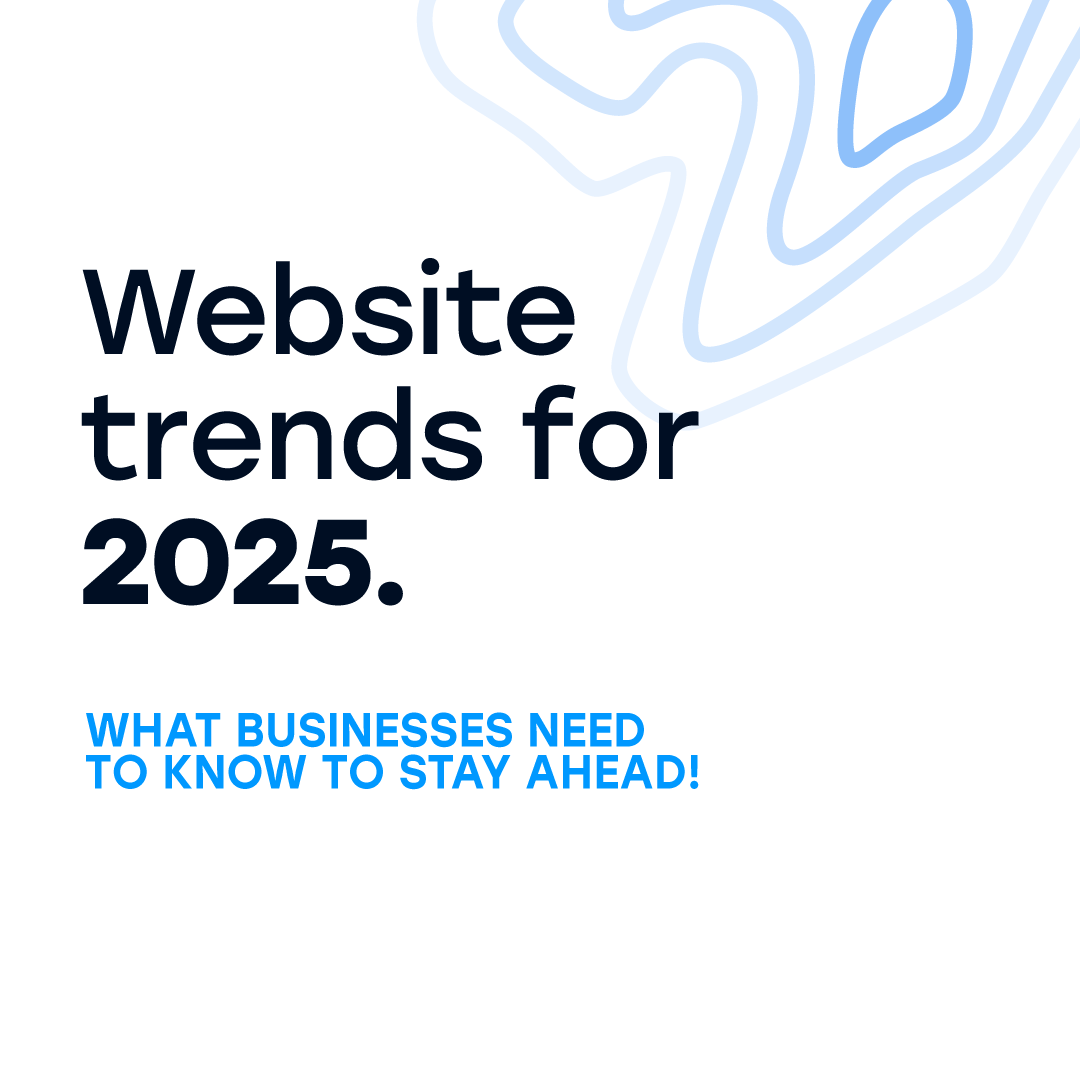5 Tips for Managing a Social Media Crisis
Nick Whiting • April 3, 2019
Turn on the news, scroll through Twitter or chat with a friend these days, and you're likely to hear about yet another brand or individual suffering yet another social media-induced crisis of some kind.
It seems that every day, every hour, there's some other social media disaster. Does this mean that brands are suddenly behaving more poorly, or is this the state of how we live now?
We know that the main power of social media is amplification, and that means that both good and bad news are stories more widely shared than ever before. And admit it - when you see a brand suffering the wrath of tweetstorms, it's tough to look away. From tasteless tweets, to images shared on Facebook that never should have even been created, much less posted on our favorite fast-food page, social media crisis management has never been more important. It's now more of a “when” than an “if,” crisis’ are going to happen - and you know what they say, “If you fail to plan, you plan to fail.”
So how can you plan for a crisis you don’t see coming? Here are some tips:
1. Create a Social Media Policy
Make sure you have a documented social media policy. When you have clear guidelines for your employees on what to post - and what to never even consider posting - you lessen the risk of someone going rogue and sending your social media profiles into a tailspin.
2. Listen to Catch Issues Early
Utilize social listening to get ahead of potential issues. Done well and consistently, social listening can help prevent issues from turning into full-blown crises.
By listening intently, you can gauge how people are feeling about your brand, and over time, you'll understand the difference between grumblings and a significant change in sentiment towards your business.
If you suddenly see a sharp increase in brand mentions, you'll notice that right away as well.
3. Establish a Crisis Communications Plan
Having this before you need it, will enable you to respond quickly, before anything gets out of hand.
The key to managing a social media crisis is timeliness - your goal should be to respond within an hour of the crisis being spread.
Your social media communication plan should include:
- How you'll internally communicate what is happening
- How you'll determine what's actually a crisis and not simply a disgruntled consumer
- Approval process for what you'll post on social media
- Pre-approved external messaging
- A link to your social media policy
- Who'll do what, and when (per department)
No matter how well you plan, don’t expect to resolve the issue with a few well-timed posts. The most important point to keep in mind is that people will be looking to you for a response, and you need to be across it as quickly as possible.
As a first point, this can be as simple as acknowledging that there's a problem, and letting people know that more information will be coming soon.
4. Pause Scheduled Posts
Stop any posts you have pre-scheduled.
Nothing says, “We don’t care what you think” more than silly memes or posts in the middle of something serious happening. This will only make your brand look tone deaf and insensitive.
5. Acknowledge, but Don’t Argue
Queen Gertrude said it best in Hamlet: "The lady doth protest too much, methinks.”
Defending yourself too early, or angrily responding in the moment, will just create doubt of your sincerity. If you've already posted that you'll be responding soon, you have time to create a video or official company statement. In the meantime, keep your responses as short as you can, and try to stay away from getting baited into another tweetstorm of what went wrong.
If people persist in trying to get you to engage further before you're ready, look to steer the conversation into direct messages, email or a phone call outside of social media. Keep in mind that more people will now be watching your pages than ever before, and stay on the high road, even if it gets lonely
Don’t...
- Prematurely delete comments that are negative
- Block anyone who disagrees with, or is unhappy with you
- Take things personally and lose your brand voice
When you’ve come out the other side, learn...
- What started the crisis?
- How can we stop that from happening again?
- What can we do better next time?
- What worked well this time?
Mistakes happen, and more brands will see a social media crisis occur than those who don’t. The key lies in responding quickly, and in a transparent way which shows your customers, and prospective customers, that you truly care about them, and are willing to go the extra mile to prove you are the brand they think you are.
These tips will help steer you in the right direction.

Do you have a new digital project you want to get started?
We work with invested businesses, individuals and service industry leaders.
If that's you, get in touch.
Services
Contact
Contour Digital acknowledges the Traditional Owners of Country throughout Australia. We pay our respects to Elders past and present.
Contour Digital | ABN: 25 839 432 189




